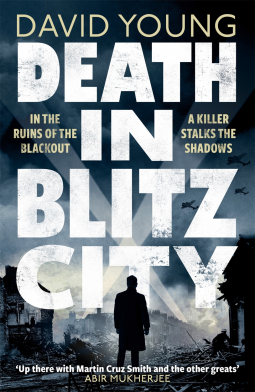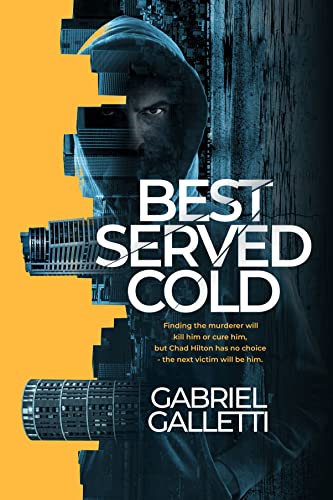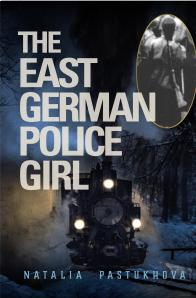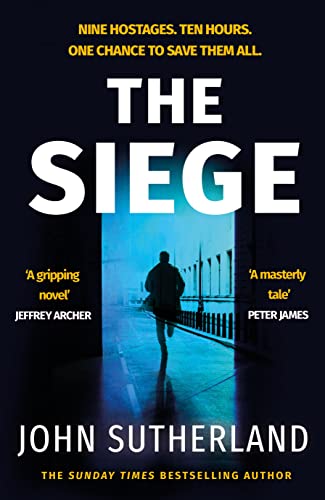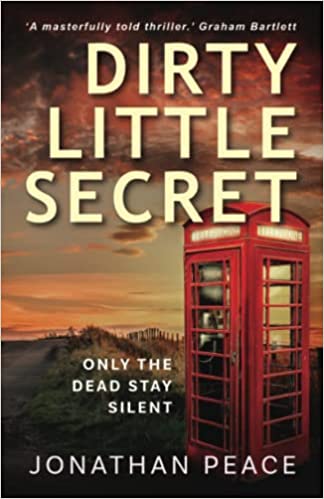By David Young http://www.davidyoungnovels.com/
Published by Zaffre Books (an imprint of Bonnier Books) https://www.bonnierbooks.co.uk/news/category/zaffre/
349 pages ISBN 9781838774349
Publication date 7 July 2022
I was gifted a pdf copy in exchange for a fair review. I would like to thank David and his publisher for making this possible.
From the blurb
It is the most heavily bombed city outside of London – but for the sake of national morale the Hull Blitz is kept top secret. Only the politicians in Whitehall and Hull’s citizens themselves know of the true chaos.
Newly posted Inspector Ambrose Swift cannot believe the devastation he finds. But for Swift and his two deputies – part-time bare-knuckle boxer Jim ‘Little’ Weighton and Dales farmer’s daughter Kathleen Carver – it’s murder, not the war, that’s at the forefront of their minds.
When a series of sadistic killings is wrongly blamed on locally stationed black American GIs, Swift, a one-armed former WW1 cavalryman who tours the rubble-strewn city on a white horse, soon discovers these are no ordinary murders. The fetid stench of racism, corruption and perversion go to the very top. And for Swift, Weighton and Carver, finding the real killers means putting their own lives at risk – because powerful forces in the US and Britain cannot let the war effort be undermined. Not even by the truth.
Synopsis
A woman lies dead in the rubble, seemingly just another casualty of a bombing raid. The police are called and DI Swift and DS Weighton can quickly see why. This is no tragic accident but murder, the woman has been strangled and her body mutilated. On closer inspection Weighton realises that he recognises her, its ‘sweet’ Sarah Houghton. He had come across her before as she was a part-time prostitute who used a café on Hedon Road close to the docks.
Starting at the café the trail leads to a US Army camp in the outlying village of Cottingham which is the base for the 1023 Port Battalion made up of black enlisted men and white officers. The GIs went to the local dance halls and their slick dance moves attracted the local girls. Here Sarah and black GI Archibald Davis fell in love. When Archibald is also murdered and his body sexually disfigured the murderer appears to be leaving a message, are local racists sending a warning or is this something far deeper?
Swift left London to get away from the heat after he helped to bring down a home-grown fascist group. When he is anonymously sent a pin badge from the Imperial Fascist League his home in Beverley doesn’t feel quite so safe.
As the case develops there are more murders, corrupt politicians to deal with and so-called internal justice at the army camp which leaves Swift and Weighton in a race against time.
My thoughts
Death in Blitz City is an action-packed tale of racism and corruption, which lead to murder, set in wartime Yorkshire. It perfectly captures the destruction on the fabric of a city and its effect on the local people where life can be a struggle just to survive.
There is always something a little bit special when you read a book set in your hometown, be it the familiarity of the place or just being able to place the action within a known geography. Being born a bred in the east of Hull there is many familiar places signposted throughout the novel including a pub I drank in for many years and one of the few remaining traditional joke shops in the city centre. The action doesn’t remain in Hull though but covers much of the East Riding and even right up to Scarborough.
Hull’s part in the Blitz is somewhat overlooked due to the news reporting at the time, Hull being referred to a Northern Coastal town. The Hull Docks were an obvious target but it also an easy target for bombers returning from West or South Yorkshire who could not find their primary target. There were civilian deaths and much of the fabric of the city was destroyed. There are still gaps in the houses in some of the streets mentioned which have never been built upon.
The first problem in any novel set on the Home Front is that apart from those in reserved occupations most men between 18 and 40 were enlisted. Here Ambrose Swift has lost an arm in the Great War and Jim Weighton rejected from active service due to heart valve problems. Swift is a decent honorable man; Weighton is his strong arm but is no fool himself. They are joined in the investigation by the farmer’s daughter Kathleen Carver which seems natural as women were increasingly brought in to cover the work that was traditionally a male domain. Carver is confident and competent, quickly proving to be a great asset and tackling the sexism she experiences straight on. Whilst not exactly being able to shatter the glass ceiling women were able to prove themselves more than capable in work, something well reflected in the novel. Three engaging main characters with interesting back stories to develop in the novels that will hopefully follow.
The plot is fictional but has been skilfully woven around real locations and some facts. This has been executed so well that I was unsure some of the fictional parts until I read the author’s notes. It has that authentic feel about it that any historical novel needs to be enjoyable. The locations and historical reference are enough to place it in a local and timeframe without taking over the flow of the story.
Racism is central to the plot and feels only too real with so many black enlisted men poorly treated by their white officers. This aspect is covered with sensitivity, we see some of the background in Detroit and how even moving to a different continent does change the ingrained feeling with the Jim Crow laws being taken with them but at least in the end there is a desire to do the right think.
The pacing starts steady as the setting is described giving the reader a sense of the destruction and its effects on ordinary people but is then ramped up for a chase and a race against time to save the life of an innocent man. The dialogue is great even including some mangled Hull pronunciations, our odd dialect and flat vowels.
Death in Blitz City is an intelligent look at the privations and changes thrust on people during war and how the struggle to do the right thing becomes even more important. If you enjoy historical crime fiction or novels set during the war, you’ll struggle to find many much better than this.
Death in Blitz City can be purchased direct from the publisher here
The author

David Young was born near Hull and, after dropping out of a Bristol University science degree, studied Humanities at Bristol Polytechnic. Temporary jobs cleaning ferry toilets and driving a butcher’s van were followed by a career in journalism on provincial newspapers, a London news agency, and international radio and TV newsrooms. He now divides his time between Twickenham and a writing base on Syros in Greece, and in his spare time supports Hull City AFC.
Launch events

If you are in Hull (on 6 July 2022) or Newcastle (7 July 2022) there are launch events with tickets available from Eventbrite (links posted above). David will also be appearing at the East Riding Festival of Words, in Beverley, on 15 October 2022.
